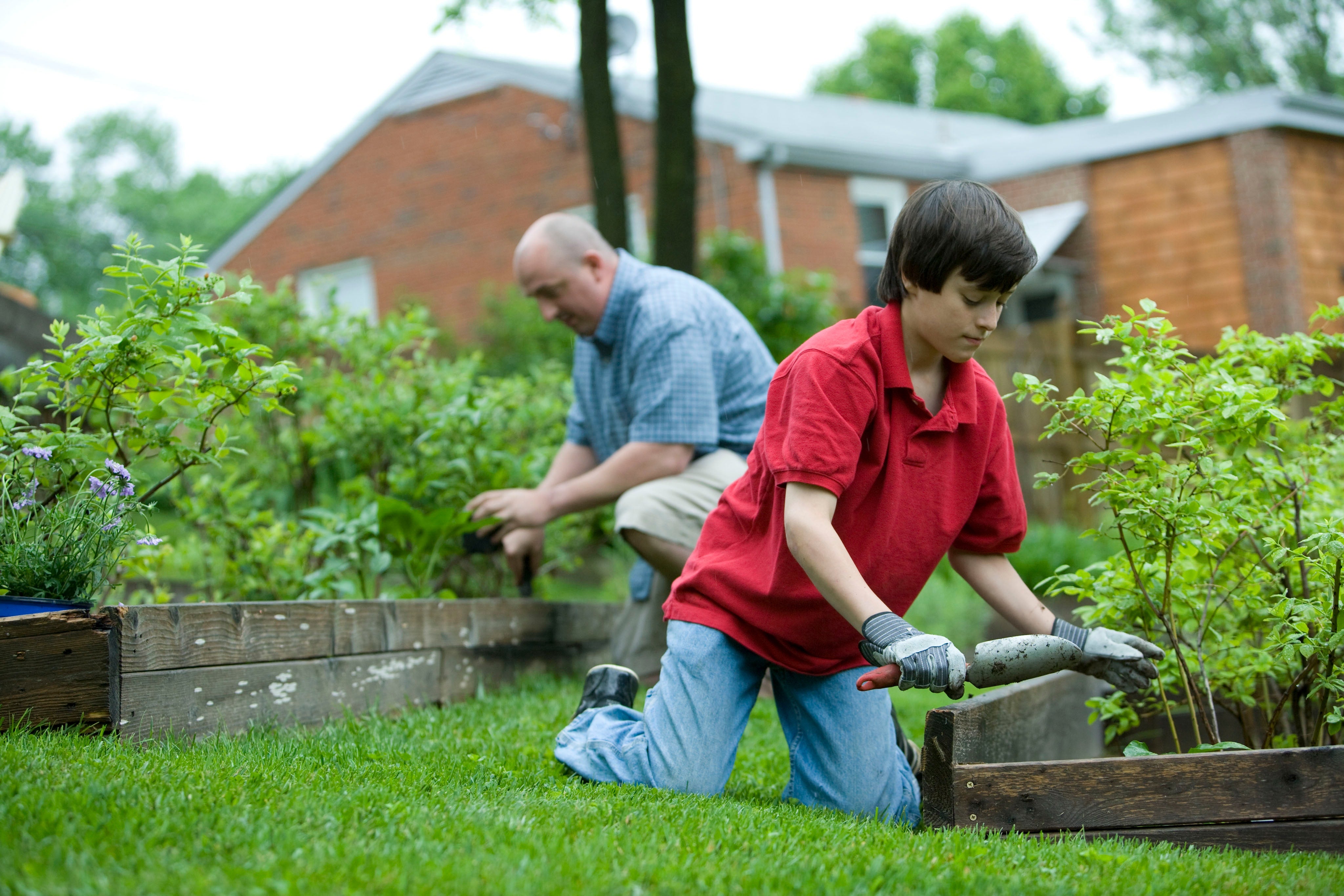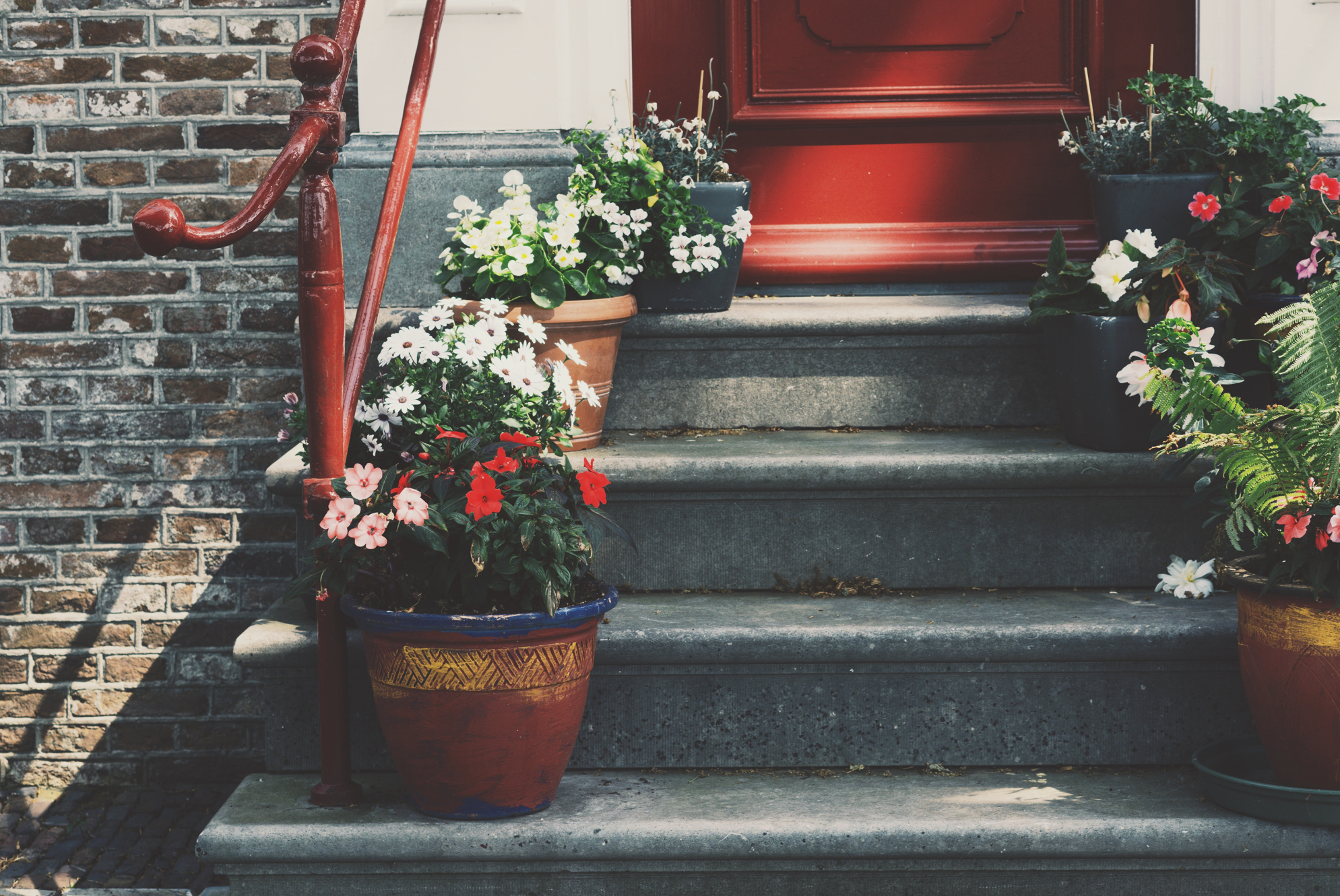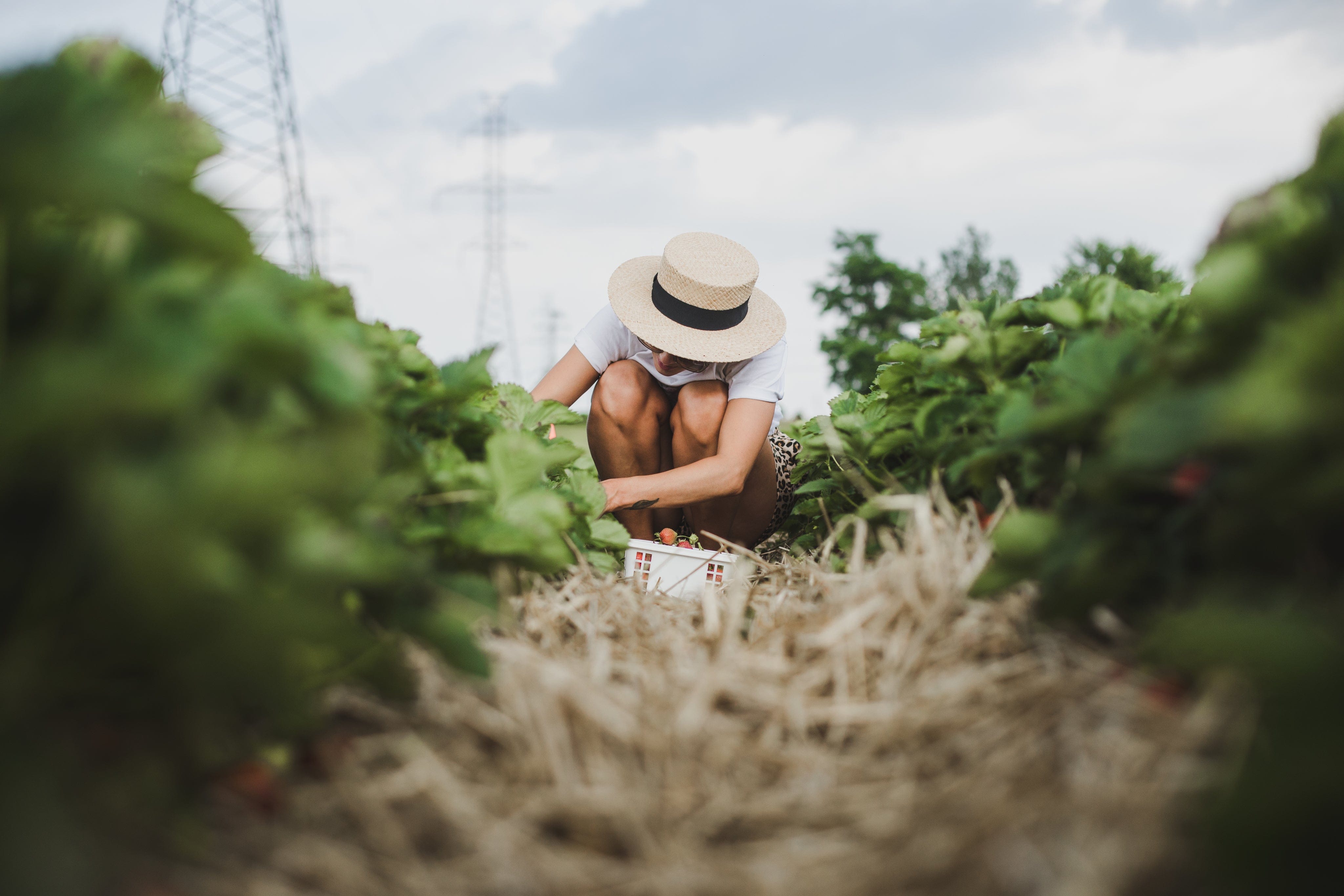
Fertilizers: What you need to know

If you are new to gardening, you might not know what each fertilizer contains. But it's important for you to know the difference between these three types of nutrients so that your plants have what they need.
To ensure the best growing conditions for your plants you will usually need soil, compost and fertilizer combined together.
When deciding which fertilizer to buy and how much to give your plants, do a quick Google search as to which fertiliser your plant needs and how often. Remember plants need different ratios of NPK at different growing periods and seasons of the year.
The three major components of fertilizer are Nitrogen (N), Phosphorus (P) and Potassium (K). A balance of all three helps your plants grow quickly and effectively.
NITROGEN (N) is a plant nutrient that helps with leaf production, shoot elongation and flower initiation, which is why many gardeners choose nitrogen-rich fertilizers for their summer-season blooms.
PHOSPHORUS (P) is used for root development and plays a big role in flowering and fruiting.
POTASSIUM (K) is also a vital plant nutrient since it promotes root growth and helps your plants grow strong, healthy leaves. It is also critical for photosynthesis, which is why it's important for healthy fruit and leaf production. It also improves a plant's tolerance to heat, drought and cold stress
The ratio of N, P and K in a fertilizer may vary depending on the manufacturer, but most contain about 10 to 30 percent nitrogen, 3 to 8 percent phosphorus, and 1 to 6 percent potassium. These macronutrients are then combined with micronutrients in varying quantities.
On fertilizers you will see a ratio of NPK. A standard general use fertilizer will often have a 2:3:2 ratio. Meaning there is 2 parts nitrogen, 3 parts phosphorus and 2 parts potassium.
There are several other nutrients that can be found in liquid fertilizer products, such as SULFUR and MAGNESIUM, but these three are the most commonly used in most gardeners' fertilizers.
Fertilizer can vary by the manufacturer to include other trace elements like Boron and Zinc which happen to be beneficial to plants and flowers alike and therefore should be present in any high-quality plant fertilizer over time. So it's best to read your fertilizer product label or ask an expert at your local gardening centre or nursery before purchasing a product containing nitrogen, phosphorus and potassium.
All plants do require nutrients to grow. Therefore even if the plant you wish to grow doesn't require much fertilizer, it is always recommended to ensure the plant has a high quality soil with organic matter.
Different plants require different amount of N,P and K. Some plants such as banana plants are heavy feeders (use a lot of nutrients) and others such as shrubs often don't need much, sometimes no fertilizer to grow well. Plants such as roses have specially formatted fertilizers.
There are also different types of fertilizers. Organic and chemical. Organic fertilizers can sometimes be more expensive and have a lower ratio of NPK while chemical fertilizers have a more dense concentration of nutrients. Be careful when using chemical fertilizers on young plants as they can sometimes "burn" the plants because of the strength. This usually isn't an issue with organic fertilizers.
Always talk to your local nursery about which fertilizer will best suit your needs, your plants and your budget. Then always follow the instructions on the packaging when using the fertilizer. It can be tempting to over fertilize your garden, but this will usually be detrimental to your plants and cause harm.


![Prepare Garden Soil For Warm-Season Vegetables [Quick Read]](http://potshack.net/cdn/shop/articles/s-o-c-i-a-l-c-u-t-YlBCfxLda5E-unsplash.jpg?v=1642141688&width=4032)

1 comment
Very useful. Thank you.
Abraham
Leave a comment
This site is protected by hCaptcha and the hCaptcha Privacy Policy and Terms of Service apply.